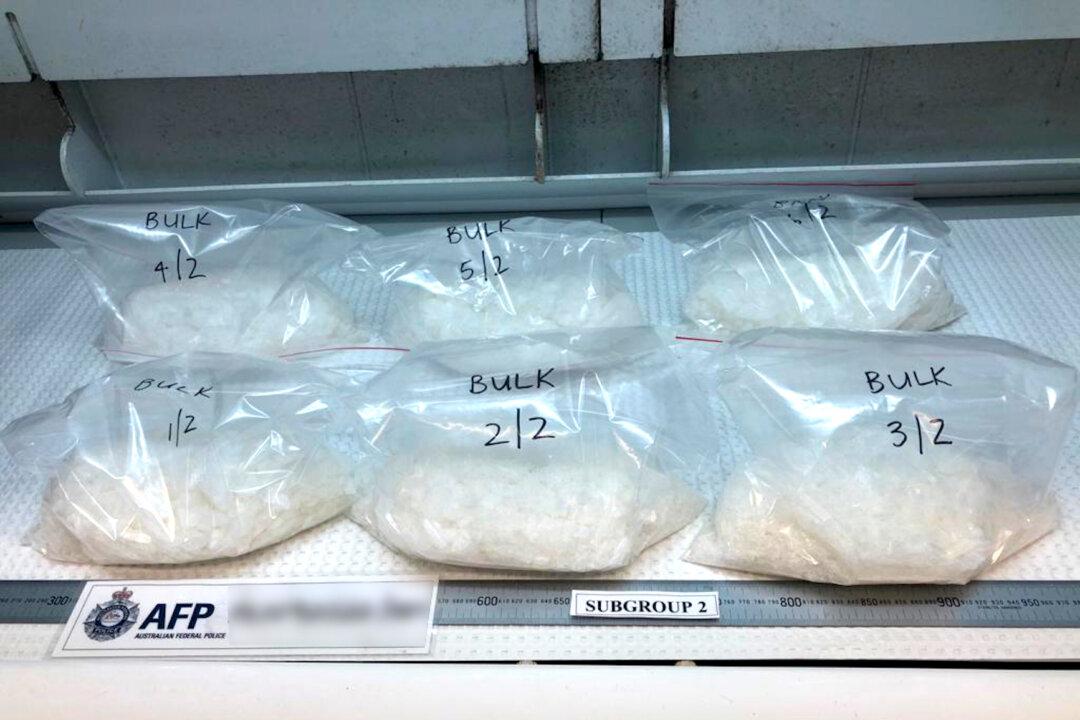Experts say Indigenous communities are paying the price for the New South Wales (NSW) government’s delayed response to the drug inquiry into the ice epidemic in the state, two and a half years after it was delivered.
The commissioner who led the inquiry, Prof. Dan Howard, said he was distressed by the effects of the NSW government’s “hard-line'' approach to drugs.





